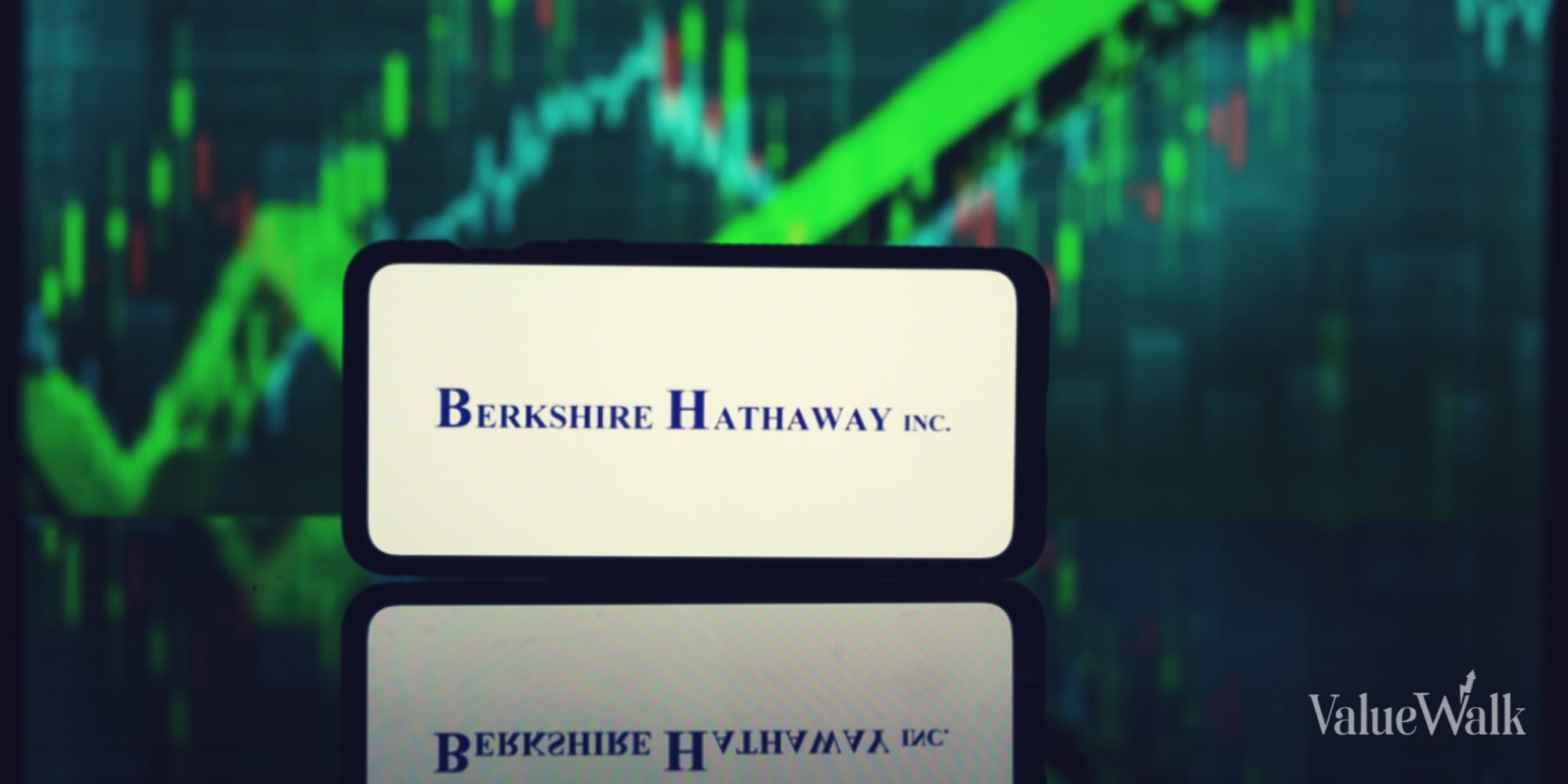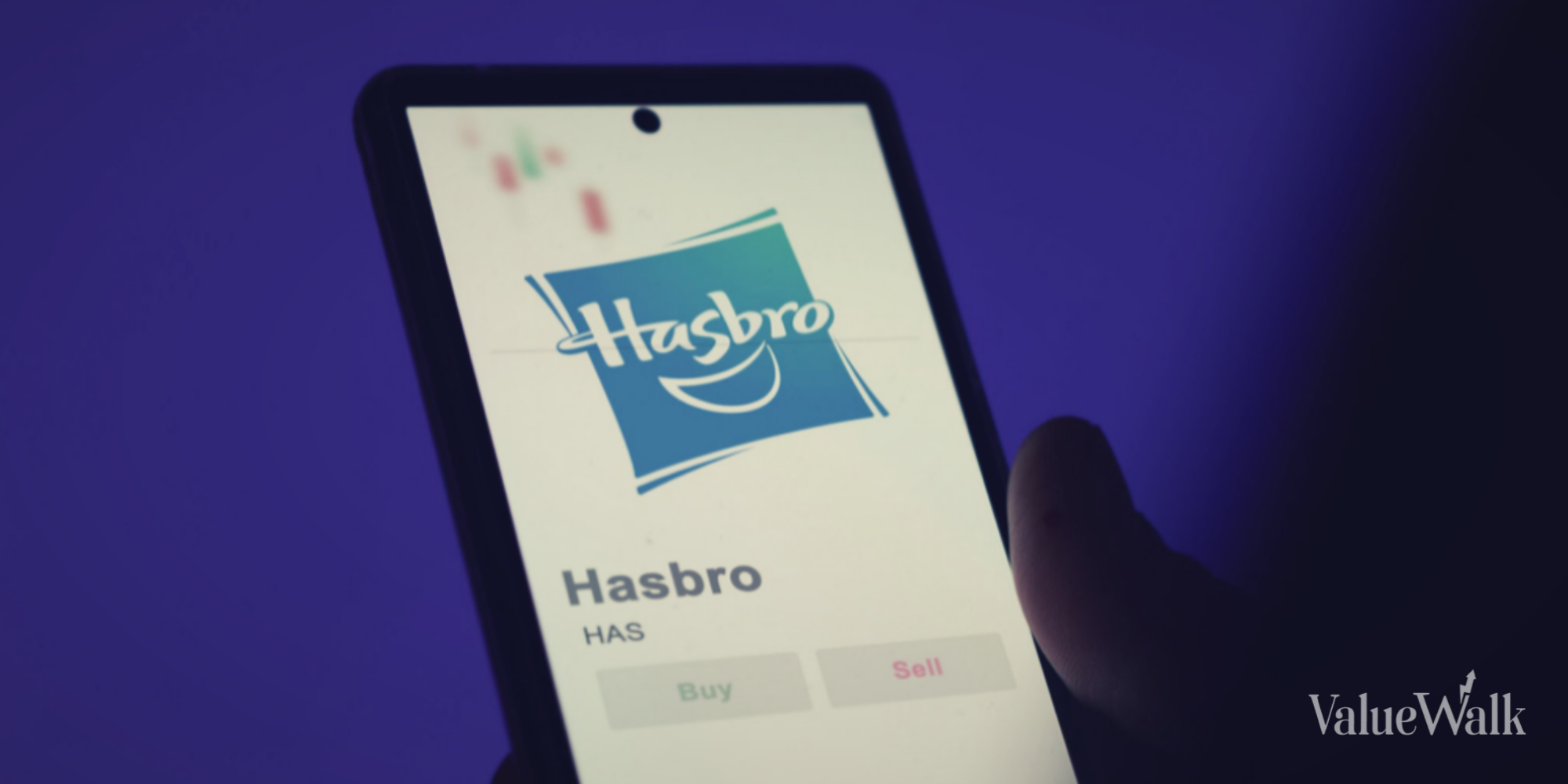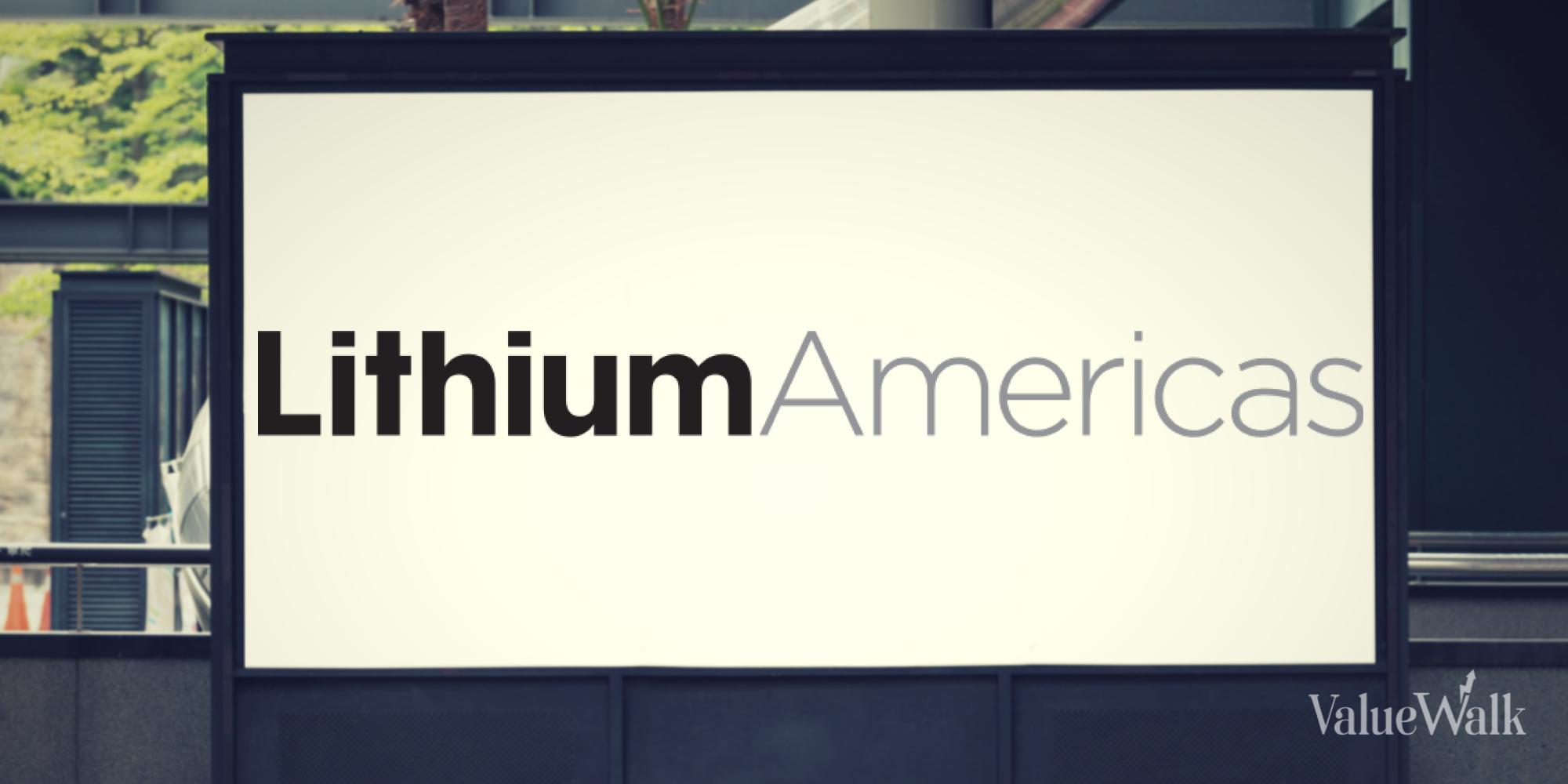These past few years have really tested the nerves of investors, as there have been two bear markets, a bull market, a tech bubble and a meme-stock surge — all through a period that featured a pandemic, recession, bank failures and historically high inflation.
It has created a market with tons of volatility, as the benchmarks have been prone to wild swings. However, there are some stocks that have been able to navigate these fluctuating markets on an even keel, including Berkshire Hathaway (NYSE:BRK.A) (NYSE:BRK.B) and Markel (NYSE:MKL).
1. Berkshire Hathaway
Berkshire Hathaway, better known as the conglomerate that Warren Buffett built, is designed for the long run and to traverse roads that are both rocky and smooth. In the last 10 years, it had one negative year in 2015, when it was down 12%.
Every other year, including in 2022, when the S&P 500 was down 19% and the Nasdaq was off 32%, Berkshire Hathaway was up 3.3%. In 2020, when many non-technology stocks were hammered by the pandemic, Berkshire was up 2.4%. The company has been able to beat the markets — both good or bad — and provide incredible ballast for a portfolio in rough times.
That steadiness is apparent in its long-term returns. Over the last 10 years as of Oct. 25, Berkshire Hathaway has posted an average annual return of 11.1%, which tops the S&P 500ʻs mark of 8.9%. Over the last five years, it has an average annualized return of 10.7%, compared to 8.9% for the S&P 500, and in these tumultuous past three years, it has averaged a 16.5% return, versus just 6.1% for the benchmark.
The secret sauce is, of course, Buffett and his team, who manage a $351 billion portfolio of stocks that has posted an average annual return of about 22% since Buffett has been at the helm. However, the success also stems from the companyʻs business model.
In addition to the portfolio of stocks, Berkshire Hathaway owns some 65 companies, most of them wholly, including GEICO, Helzberg Diamonds, Duracell, Fruit of the Loom, Benjamin Moore, Kraft Heinz, and many industrial-sector companies. This portfolio of privately owned companies has managed to perform well when the stock portfolio is down.
The third leg of the Berkshire Hathaway business is insurance, as it owns various types of specialty insurance companies. Insurance is something that is always needed, whether markets are good or bad, so it tends to perform well when markets are down. Additionally, the float from the insurance business is used to invest in the other portfolios.
2. Markel
Markel is often referred to as a “baby Berkshire” because it has a similar business model. Its main business is insurance, as Markel is a major provider of excess and surplus (E&S) insurance, insuring higher-risk businesses and enterprises. It is among the leaders in this space with an excellent track record as an underwriter. In addition, Markel has a robust reinsurance business, where it basically provides insurance for other insurers.
Like Berkshire Hathaway, Markel uses the float to invest in a portfolio of publicly traded stocks and private companies through its Markel Ventures private equity arm. It has roughly 131 stock holdings totaling some $8.5 billion in assets.
Incidentally, Markel holds Berkshire Hathaway stock, while Berkshire Hathaway owns shares of Markel. Markel also holds a stake in about 20 different companies through Markel Ventures, including some in the construction, real estate, industrial, agricultural, retail, medical, asset management, and technology sectors and industries.
This balance has given Markel the ability to navigate choppy markets, for the same reasons as Berkshire Hathaway. Its returns bear that out, as it has a 10-year annualized return of 10.9% and a three-year annualized return of 12.6% — both of which beat the benchmark. Further, it has shown the ability to zig when the market zags, like in the 2022 bear market when it was up 6.8%.
While there is a great deal of uncertainty about the market going forward, investors can take comfort in knowing that stocks like Berkshire Hathaway and Markel will generate consistent returns that steady a portfolio in turbulent times.





